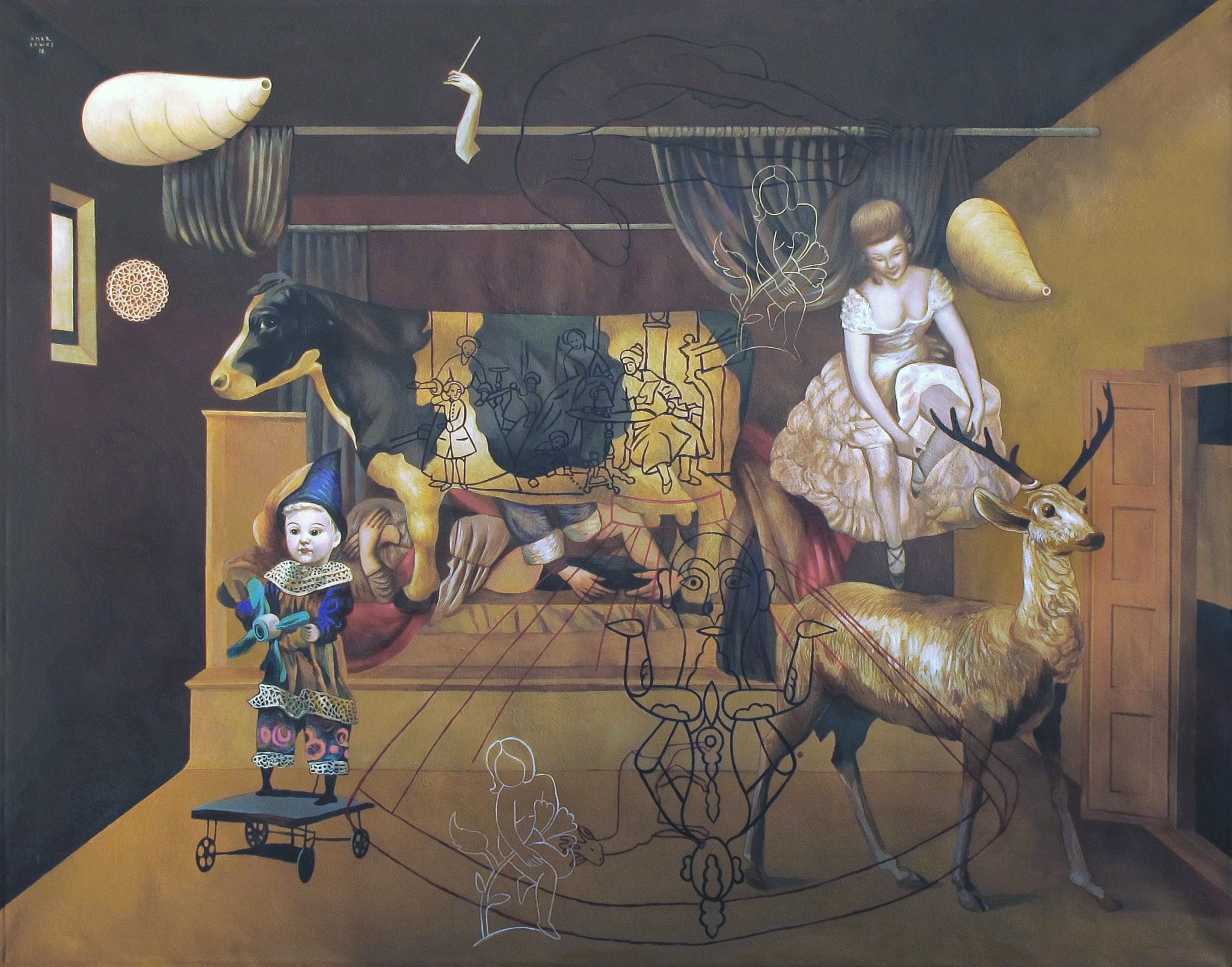The Meaning of the Subject Instructor: Conrad Hamilton Date & Time: Feb 4, 11, 18, 25 9 to 11:30 ET

DESCRIPTION: Since the vaunted “death of the subject” in the 1960s and 1970s, much critical discourse has fixated upon what comes after the petrified, metaphysical subject of Descartes and Kant. Should we, in the vein of Deleuze, pursue an essentially psychoanalytic de-centreing of the subject, so that it becomes a multiplicitous explicandum of the process of desiring-production? Should we, like Foucault, treat the subject as the byproduct of multiple points of knowledge-power, potentially remediable through the writing of the self? Or should we, as Reza Negarestani has more recently proposed, substitute the logical subject of sentience for the biological subject of sapience? While these propositions vary widely in their content, one thing they share in common is a tendency to mystify the category of the subject, by treating it as something that can be either dissolved or reformed through rational proposition, through the force of discourse. This is in a sense no coincidence: for ever since Lyotard penned the epitaph of the “working Subject” of Marxism, it is as if the abdication of the terrain of economic history has made it impossible for philosophy to ask not just what comes after the subject but what comes before it—and thus to construct a coherent genealogy. In this seminar, it will be argued that, while Lyotard was correct to criticize the hypostatization of the working-class subject of Marxism, the Marxist tradition has over the past half-century bequeathed us with the hermeneutic tools to analyze this question anew. Chief among these is Alfred Sohn-Rethel’s notion of “real abstraction.” For Sohn-Rethel, the discovery of the arché in Ancient Greece, and with it mathematics and geometry, was made possible due to the quantitative matrix of commodity-exchange. Thales’ claim that “all is water,” or Euclid’s discovery of geometry, are both conditioned by a conception of abstract form that is summoned into existence by the real circulation of valorized commodities. These categories are in turn hardwired into the subject of epistemology in the age of Kant, once capitalism has generalized commodity production. Yet what Sohn-Rethel builds with his head, he destroys with his feet. For having cast the net of false consciousness so wide that it becomes—in his words—“necessary,” he is forced to posit the “working Subject” of Marxism as a deus ex machina of sorts, as a messianic vector of escape. This obfuscates his principal discovery, which has never been fully articulated: that the sweeping aside of the capitalism, of the value-form, must also be a sweeping aside of the epistemic privilege of the subject—as well as the rift between nature and society upon which it depends.
IMAGE: Amar Dawod, The Day of Birth, 2019
To see The New Centre Refund Policy CLICK HERE.
To see The New Centre Refund Policy CLICK HERE.